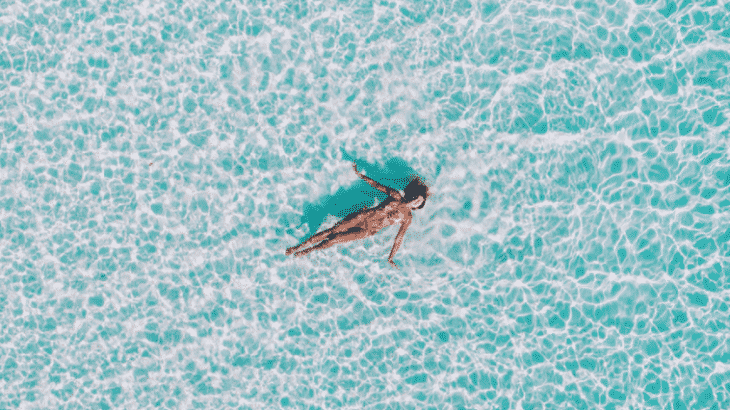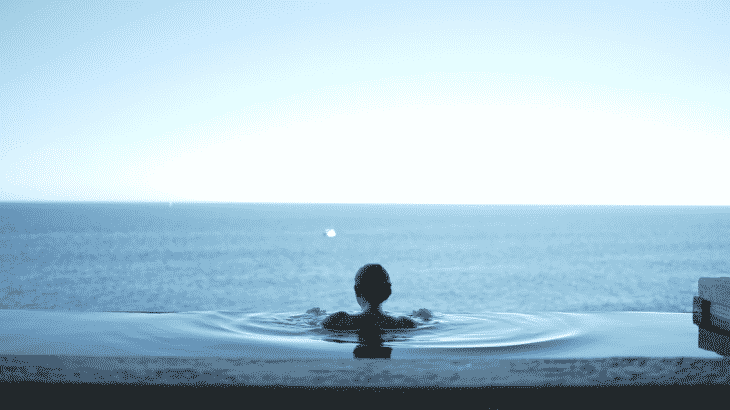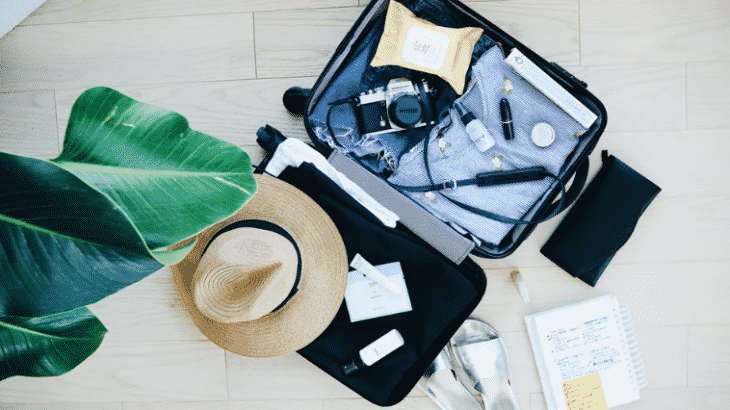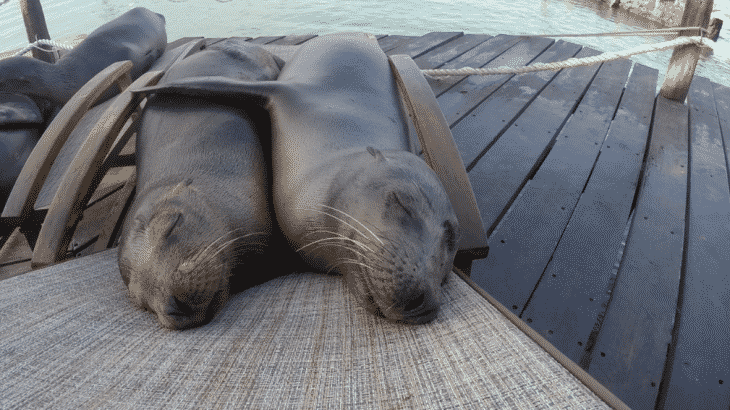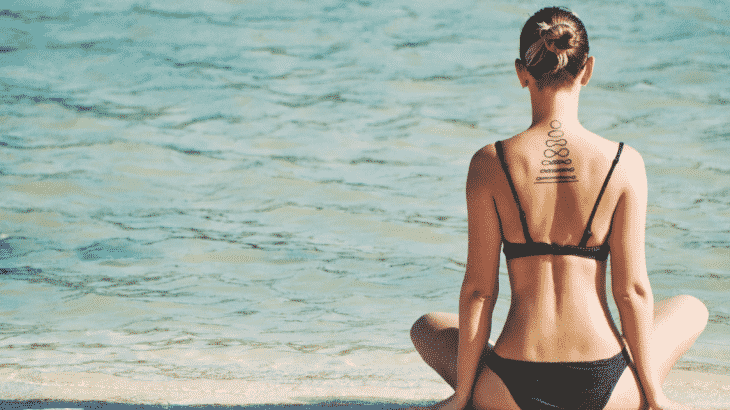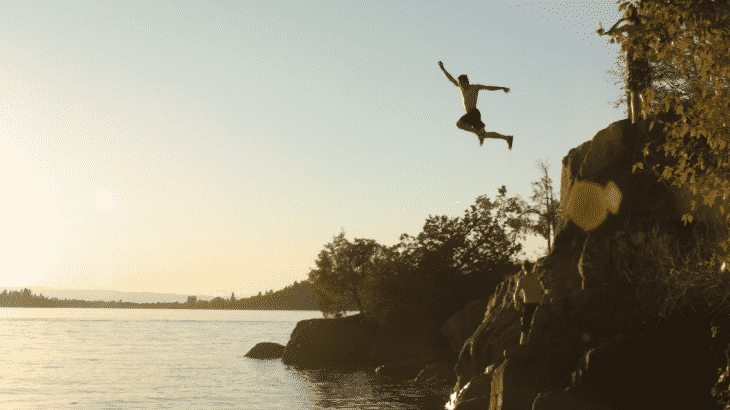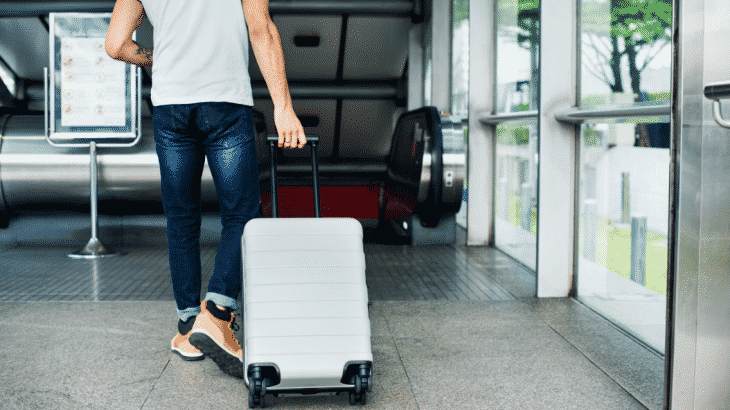Sure, most people want to take a vacation. But did you know you actually need one? As part of a recent study, scientists now recommend a certain amount of days off to ensure the health and wellness benefits you need. We don’t just mean working remote for a couple weeks or answering emails from your beach chair in Aruba, we mean a truly unplugged break from work.
It’s hard to believe many people don’t use all their PTO days, let alone any of them, but a study by Project Time Off found 705 million vacation days go unused each year in the USA. You may be wondering, “Who wouldn’t use all their vacation days? That’s crazy!” while others are thinking, “Yeah…that’s me.” That means millions of workers are missing out on health benefits, increased happiness and much-needed relaxation on a beach in say…Jamaica!
Benefits of Taking A Vacation
Whether you’re in a fast-paced startup or mundane desk job, a vacation is a must. Constantly spending 40+ hours per week working with regularly-high stress levels takes a toll on your health, but getting in that much-needed relaxation helps.
Health Benefits
Psychology Today cites that taking a vacation improves quality of sleep, cardiovascular health, reaction times and productivity. Not to mention reducing stress and allowing your body and brain to relax. Many people say they didn’t use all their vacation days because their workload wouldn’t allow it, or they are trying to exceed expectations at work. In reality, vacation boosts productivity and creativity, making you a better employee and fellow team mate.
Don’t take just any vacation, travel abroad! Putting yourself out of your comfort zone and into a new place through travel is proven to improve brain health and your immune system, reduce stress and make you more mentally resilient.
Bucket List Benefits
Health benefits aside, travel can change your life and perspective in ways you never thought possible. Opportunities and experiences are unlimited when you consider traveling abroad—whether it’s for your dream Caribbean beach vacation to Dominican Republic or jetsetting halfway across the planet, you’ll make memories that will last a lifetime. Never thought you’d swim with sharks, jump into hidden caves or try exotic foods? You never know what adventure your trip will hold!
Signs You Need a Vacation
In the United States, overworking is the norm. Stress levels are sky high but still, many people don’t use all their vacation days, if any of them. If you want to succeed in your career and stay healthy, check in with yourself regularly and pay attention if you’re experiencing:
- Trouble sleeping
- Pain throughout your body
- Stomach pain or digestive problems
- Interpersonal problems with your team, family or friends
- Taking excessively-long lunch breaks
- Regularly making mistakes at work
- Struggling to remember why you’re at your job in the first place
These signs all reveal that you are physically and emotionally spent. It doesn’t have to be a beachfront massage in St. Lucia, but you need a vacation that allows you to be both physically and mentally away from work. Giving yourself time away from something that consumes one-third of your life allows you to reflect, dream and, most importantly, get your body back to homeostasis. Who knows, you may even realize you want a career change and your free-thinking time on vacation will give you the clarity to make that leap!
How Many Days of Vacation You Need, According to Science
The Journal of Happiness Studies found that eight days is the perfect vacation length for reaching peak relaxation.
“Health and wellness increased during the first four vacation days. Between the fourth and the eighth vacation day, health and wellness further increased significantly. All other pairwise comparisons during vacation were non-significant.”
While the study found increases in health and wellness are greatest during vacation and quickly return to pre-vacation levels once you’ve returned to work, activities classified as “passive” create positive effects that continue once you’re back at your nine to five—think laying on a beach with a good book and margarita in hand. In addition, the study found the freedom to choose how you spend your time on vacation correlates to an increase in health and wellness. Travel with someone who doesn’t call the shots and allows you to freely spend your day—or consider solo travel.
It’s no surprise the Journal of Happiness Studies study was conducted on Europeans. Americans don’t take long vacations nearly as much as Europeans, even when their employer offers liberal vacation policies. In 2018, Kimble found that only 47% of Americans take all their vacation days and 21% leave five vacation days unused.
How to Get the Most Joy Out of Your Vacation
Taking yourself out of the workplace isn’t inherently therapeutic, but there are a few ways to maximize the positive effects of vacation. By choosing a destination that suits your personality, with plenty of activities and opportunities to relax, your vacation is already in good shape. Unplugging from work and staying present only enhances your experience and chances of building easy-to-recall memories.
Planning Your Vacation
It’s not necessary to plan out every day of your trip, but it is important to research your destination so you know your opportunities and what to expect. You want to go somewhere that’s perfect for your personality, not somewhere you’ve heard is great but actually has nothing that suits you. Research is especially important in regards to your accommodations—read reviews to ensure your hotel or resort is up to your standards and near the activities you want to do. Other than that, the only thing you really need to allot time for is doing absolutely nothing.
Depending on what type of person you are, you’ll need more or less of your trip planned out before arrival. No matter what your level of comfort is with the unknown, be sure to:
- Let go of your expectations
- Be flexible
- Embrace adventure
- Maintain a positive attitude
- Take a break from your electronics
When you’re in a new place, it’s impossible to predict how things will go, but that’s one of the best parts about traveling. Your vacation will be an adventure: you may miss the tour, get caught in the rain or be completely lost, but you’ll also experience a new place, see indescribable beauty and make connections to last a lifetime.
Unplug From Work
Work is the one thing you’re trying to get away from on vacation. Communicate in advance with your superiors and team and set boundaries that work for you. Ideally, you are 100% unplugged—which means turning off your notifications for work-related apps, setting an OOO email auto response, and not responding to work-related communication. Better yet, turn off your phone, tablet and laptop altogether and trade them for a beach towel, sunglasses and book.
Savoring Vacation Moments & the Peak-End Rule
You may notice a common theme when it comes to vacationing in the modern day: putting down your phone. In order to reap the benefits of vacation, you need to truly experience vacation and be present. Taking photos for memories is a given, but sometimes it’s best to leave the phone in your room and just be present. It turns out that experiencing vacation through your own two eyes versus a camera lens allows you to remember it better.
In addition, make an effort to really savor the most exciting or relaxing moments in your vacation by paying attention to little details and being present. Once your home from vacation, you’ll have a much easier time remembering how you felt and what you experienced. If you’re not sure how to do this, try the “Peak-End” rule. The Peak-End rule says we’re more likely to remember an experience (like vacation) as positive if it has a positive “peak” and ending. Everything’s not in your control, but with a little planning, you can make it so there is one “highlight” of your trip and that it ends with a bang! Who knows, maybe the highlight will end up being something you never expected.
Easing back to work, rather than having your nose to the grindstone will also help you savor vacation and hold onto those blissfully-reduced stress levels.
Tips for Minimizing Stress While Preparing for Vacation
Congratulations! If you’re to the point of actually preparing for your vacation, you’re one step closer to being a happier, healthier and more productive you! Now just to get past the pesky preparation process…
Vacation stresses people out for a number of reasons. If it’s not worrying about leaving work and what you’ll come back to post-relaxation, it’s the actual vacation preparation process that leaves people anxious and overwhelmed. Use these tips to help make your vacation preparation as smooth as possible:
- Try to get into relaxation mode well before your trip—you can start as soon as you book it in fact.
- Talk with your manager and prepare a list of must-dos weeks in advance so everything at work is taken care of come vacation time.
- The month of your vacation, make it clear to co-workers and clients that you will completely unplug over your vacation dates. This way anything pertinent is taken care of before you leave.
- Make a pre-trip checklist for packing, household arrangements and pet needs.
- Notify your bank and credit card company of where and when you’re traveling.
- Check that your luggage and liquids meet airline requirements before leaving for the airport.
- Pick up foreign currencies ahead of time at a local exchange or bank so you have cash on arrival.
- Double check your flight times, dates and airports so you don’t have a mix up (it happens!).
